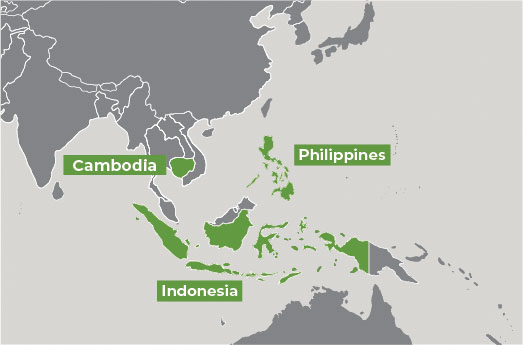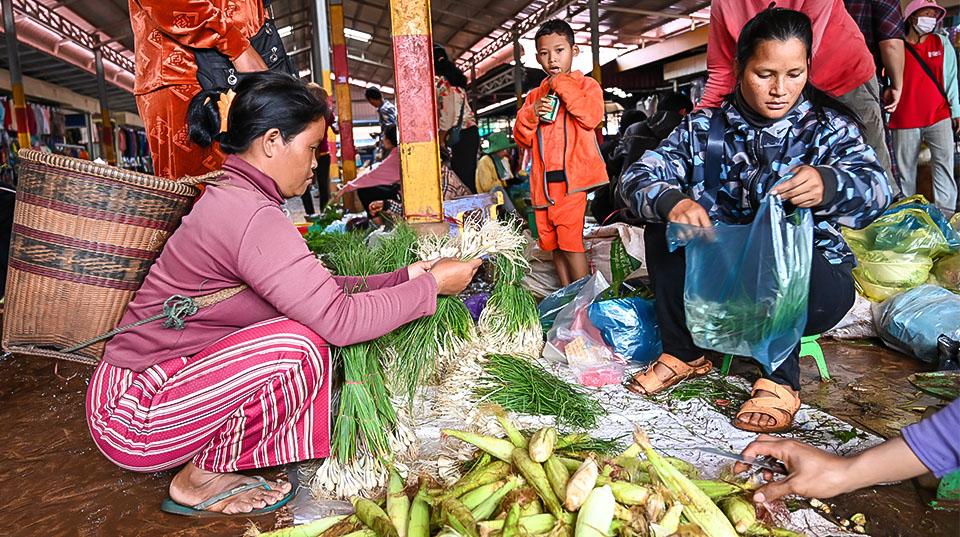Overview
This project aims to provide climate-resilient development pathways for the agri-food sector by accounting for gender differences in extreme weather event impacts and gender-specific barriers and opportunities for adaptation.
It aims to build resilience to these events by identifying synergies between climate change adaptation and sustainable development goals of zero poverty, zero hunger, and gender equality.
A heavy reliance on agriculture for livelihoods leaves the rural population of Asia and the Pacific vulnerable to adverse shocks induced by extreme weather events, adversely affecting crop production, food trade, food and nutritional security, and socioeconomic and physical wellbeing of food system actors. These effects are highly gendered because men and women play different roles in food systems; hence their exposure to extreme weather events is different, and pre-existing gender inequality and discriminatory gender norms lead to gender-specific barriers and gaps in adaptive capacities.
Project activities and expected outcomes:
- Identifying gender-specific vulnerability of food system actors to extreme weather events
- Developing and testing a Rapid Assessment Tool (RAT) to capture gender-specific needs after an extreme weather event
- Building stakeholders' and future development leaders' capacity to understand and respond to gender-specific impacts and needs after an extreme weather event
- Understanding the socio-economic, cultural, and political-institutional factors that contribute to these gender-specific gaps
- Sharing the research findings with the research community, stakeholders, and end users of the project countries and preparing country-specific recommendations for a gender-inclusive climate-resilient development for the agri-food sector.




